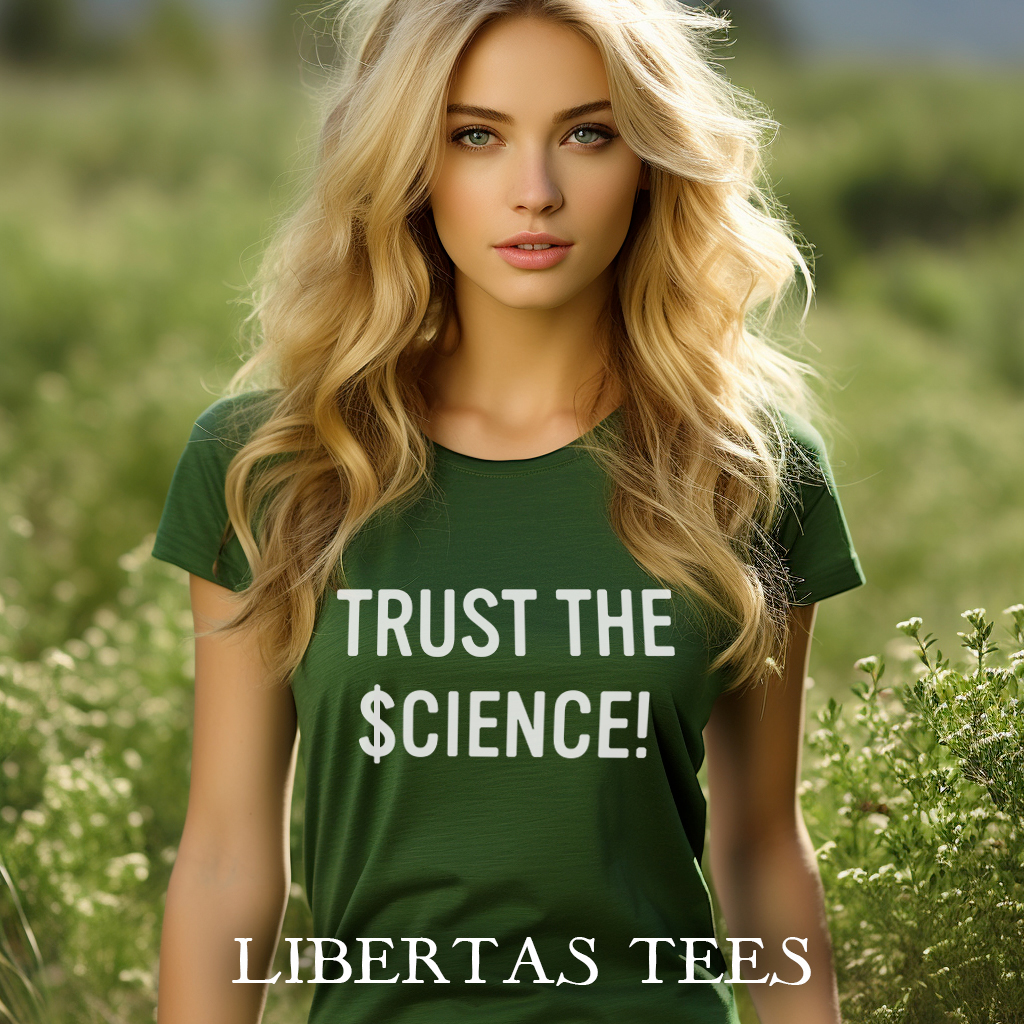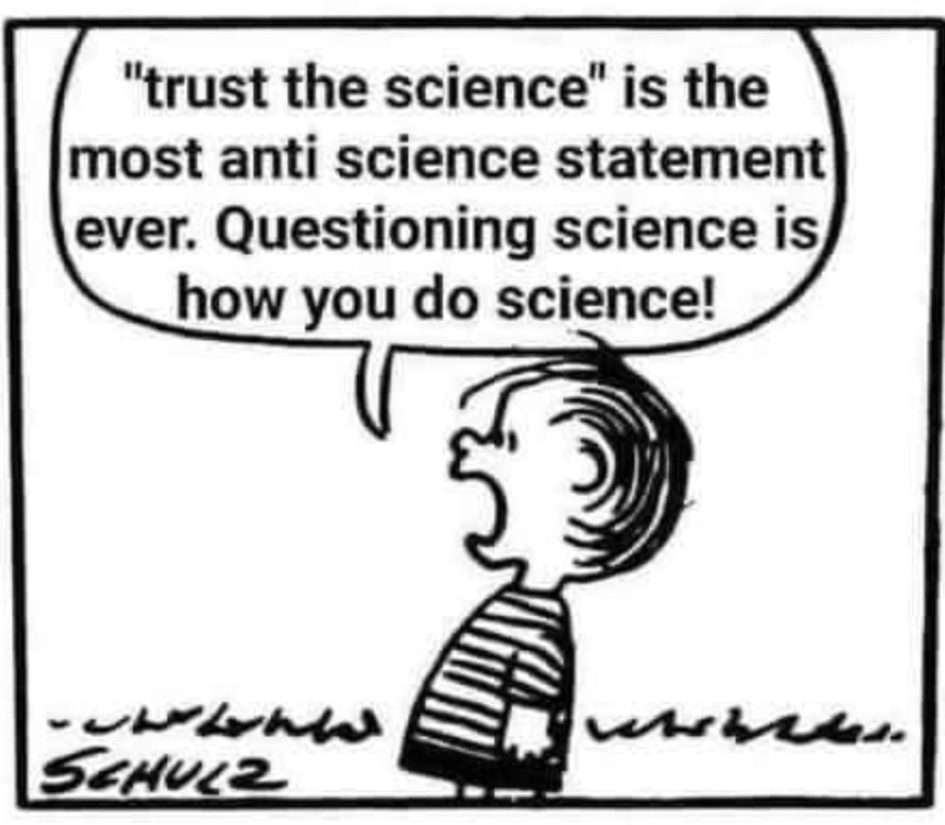“The scientific theorist is not to be envied. For Nature, or more precisely experiment, is an inexorable and not very friendly judge of his work. It never says ‘Yes’ to a theory. In the most favorable cases, it says ‘Maybe,’ and in the great majority of cases simply ‘No.’ If an experiment agrees with a theory it means for the latter ‘Maybe,’ and if it does not agree it means ‘No.’ Probably every theory will someday experience its ‘No’—most theories, soon after conception.” – Albert Einstein
Albert Einstein’s words resound with the fundamental principle of science: science never proves, only disproves. Yet, in today’s world, there’s a growing misconception that science proves things and that we should therefore “trust science.” This is a fallacy that obscures the true nature of scientific inquiry.
Imagine science as a relentless detective investigating the mysteries of the cosmos. This detective doesn’t seek affirmation but rather tirelessly looks for evidence to challenge existing ideas. Here lies the beauty of the scientific method: it is self-correcting and ever-evolving.
The scientific process begins with a hypothesis, an educated guess about how something works. This hypothesis is not sacrosanct; it’s a starting point. Scientists then design experiments and gather data to test this hypothesis. This is where Nature, as Einstein put it, acts as an “inexorable and not very friendly judge.”

In the world of science, ‘Yes’ is a word rarely heard. Instead, experiments yield results that are more often ‘Maybe’ or ‘No.’ These results force scientists to reevaluate, refine, or even discard their hypotheses. This willingness to face ‘No’ is the hallmark of scientific integrity.
Einstein himself knew the trials and tribulations of scientific pursuit. His theory of relativity revolutionized our understanding of space, time, and gravity. But it wasn’t a straightforward journey. It took years, extensive testing, and critical experiments to validate his theories.
The essence of Einstein’s quote is that science is not a static body of knowledge but a dynamic process, where ‘Maybe’ is a temporary resting place, and ‘No’ is a stepping stone toward greater understanding. Every ‘No’ leads to new questions, new experiments, and sometimes, entirely new paradigms.
In essence, science is a testament to human curiosity and resilience. It teaches us not to fear being wrong but to embrace it as an opportunity for growth. It reminds us that, in the face of Nature’s ‘No,’ we have the power to refine our questions, redefine our hypotheses, and strive for a deeper understanding of the universe.
So, the next time someone tells you to “trust the science,” remember Einstein’s words. Science never stops at ‘Yes’; it thrives in the realm of ‘Maybe’ and learns the most from ‘No.’ In this relentless pursuit of truth, science continues to expand the boundaries of our knowledge and our understanding of the cosmos. Trusting science, yes, but always with a discerning and inquisitive mind. Blind trust is the antithesis of true scientific inquiry.
 The Libertarian Catholic
The Libertarian Catholic
















